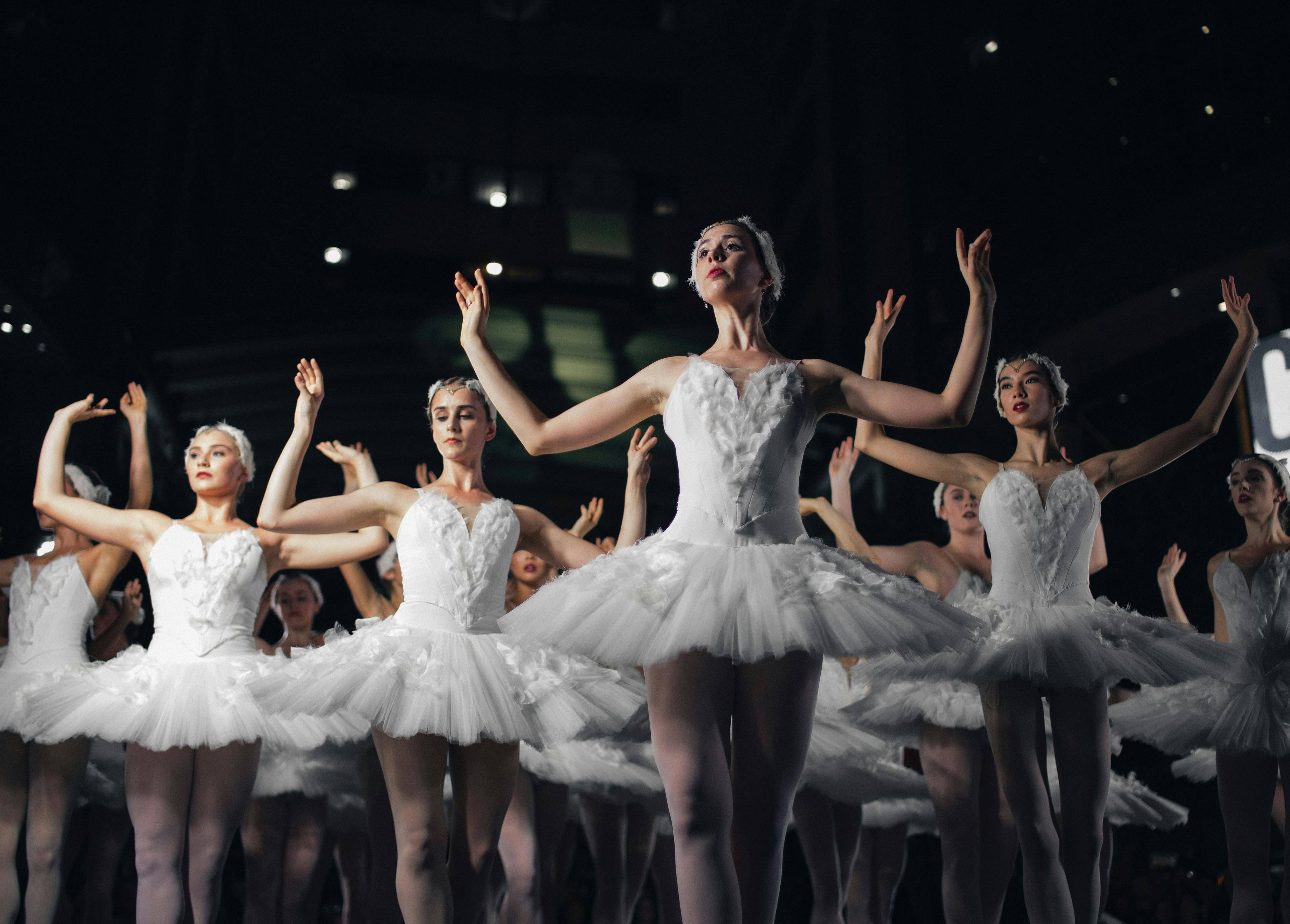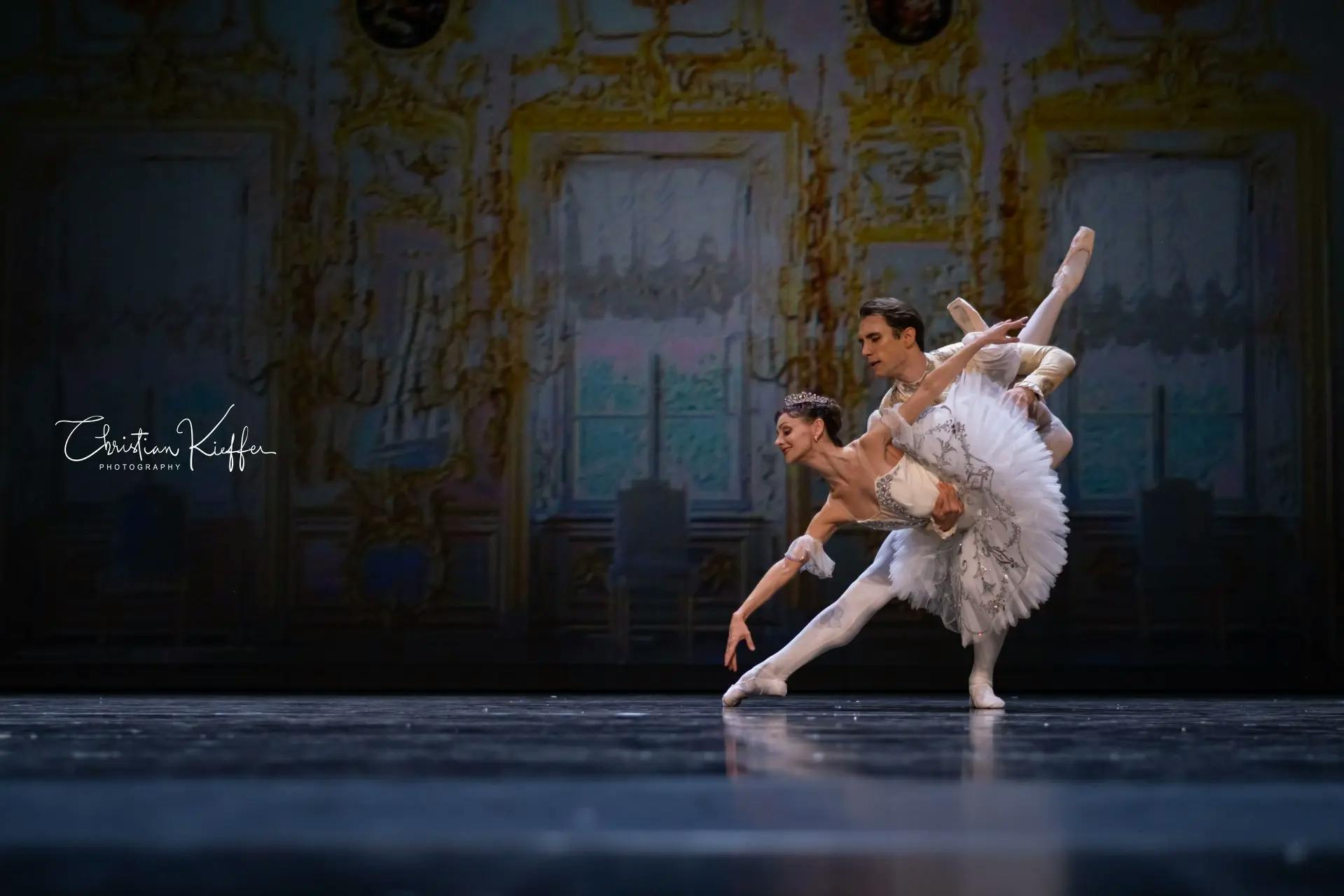Gala des Étoiles in Luxembourg — all you need to know about ballet

This weekend, July 8 and 9, the annual Gala des Étoiles takes place in Luxembourg. It is a grand gala concert featuring leading ballet dancers from all over the world. The tradition of the concert began 10 years ago. This year, the program lasts three hours, with two parts. The concert is held on the stage of the Grand Théâtre de la Ville de Luxembourg. Artists from Europe, the United States, Japan and, of course, Luxembourg itself perform at the Gala des Étoiles.
For many people, ballet is terra incognita, an unknown territory, frightening in its dimensions and mysterious movements. In reality, ballet is not as complicated as it seems. Although it does sometimes take a little preparation. Here are five questions that are often asked by the audience. How do you understand the plot of a ballet? What are the dancers' gestures? What do they mean? And, of course, the most important question: is there a special way of dressing for the theatre?
There are no words in ballet. Isn't it easier to go to the opera?
Well, that's not quite true. You can encounter any foreign language when you listen to an opera, for example. Sometimes the vocal parts are so complicated that even the words in the native language can be difficult to understand.
Subtitles often accompany an opera performance. But reading the subtitles all evening, trying to relate them to what is happening on stage, is not a very relaxing experience for most listeners. Body language, on the other hand, is a language that can be understood by everyone. As the dancer and choreographer, Martha Graham used to say: "The body never lies".
Have a look at our interview with choreographer Volha Kastsel. She has a fascinating take on how this art form can be accessible to everyone.
How to understand the language of gestures?
It's so easy! Emotions, facial expressions and gestures can help you. For example, a girl in love will press her hands to her chest to tell her partner that she loves him. Crossed fists can be a sign of death.
Whole sentences can be formed with gestures. For example, an artist presses her palms to her chest and then points to her ring finger. It's easy to decode: "If you love, get married". Or: The performer presses an open palm to the chest, then points with one finger at someone and makes a hard downward motion with the fist. This can be interpreted as: "I'm going to kill you!"
You can read the libretto to understand what's happening on stage.
What is a libretto?
It is the literary foundation of the ballet. It tells you which dancers are on stage, who directed and choreographed the ballet. And most importantly, it tells a story.
Getting to know the libretto is an important step in the process of understanding a ballet. You may be surprised, even if you've read the source material and know it well. The composer who wrote the music for the ballet may have changed something in the story. Or he may simply have used a different version of the material. It's common for a story or a legend to be based on different interpretations.

What about contemporary ballet? Perhaps there are no movements like that
That's true. You can see elements of contemporary styles in the productions. The dancers can walk around the stage in strange ways, they can even talk.
Understanding contemporary ballet is even easier than understanding classical ballet. It is not what the authors put in, but what the audience feels, say many creators of such performances. Your understanding of the performance is your truth, and that is wonderful.
A matter of organization! I suppose I have to dress up somehow.
That's a very old-fashioned prejudice. You don't have to wear a long dress, put on your best jewellery and walk around with a fan in your hand. If you're dressed casually, you'll get in. Just choose something decent and suitable.
Don't miss the Gala des Étoiles at the Grand Théâtre in Luxembourg. You can find out more about the program, the artists and the acts of the concert in our article.





